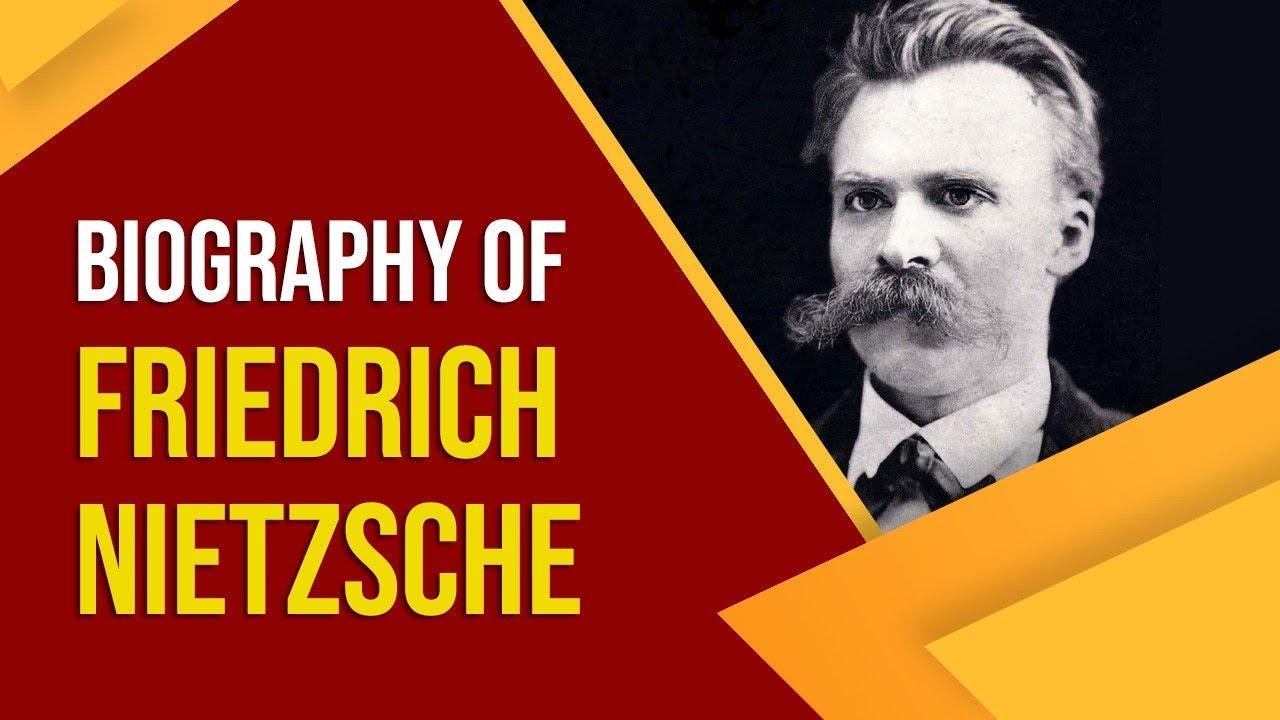Table of Contents
EARLY LIFE
- Born on 15 October 1844, Nietzsche grew up in the small town of Röcken (now part of Lützen), near Leipzig, in the Prussia.
- Nietzsche’s parents, Carl Ludwig Nietzsche (1813– 1849), a Lutheran pastor and former teacher; and Franziska Nietzsche.
- Nietzsche’s father died from a brain ailment in 1849; Ludwig Joseph died six months later at age two.The family then moved to Naumburg, where they lived with Nietzsche’s maternal grandmother and his father’s two unmarried sisters.
EDUCATION
- Nietzsche attended a private preparatory school in Naumburg and then received a classical education at the prestigious Schulpforta school. After graduating in 1864, he attended the University of Bonn for two semesters.
- He transferred to the University of Leipzig, where he studied philology, a combination of literature, linguistics and history. He was strongly influenced by the writings of philosopher Arthur Schopenhauer. During his time in Leipzig, he began a friendship with the composer Richard Wagner, whose music he greatly admired.
PUBLICATION
- In 1869, Nietzsche took a position as professor of classical philology at the University of Basel in Switzerland.
- During his professorship he published his first books, The Birth of Tragedy (1872) and Human, All Too Human (1878). Suffering from a nervous disorder, he resigned from his post at Basel in 1879.
- For much of the following decade, Nietzsche lived in seclusion, moving from Switzerland to France to Italy when he was not staying at his mother’s house in Naumburg. However, this was also a highly productive period for him as a thinker and writer
PUBLICATIONS
- One of his most significant works, Thus Spoke Zarathustra, was published in four volumes between 1883 and 1885. He also wrote Beyond Good and Evil (published in 1886), The Genealogy of Morals (1887) and Twilight of the Idols (1889).
- In these works of the 1880s, Nietzsche developed the central points of his philosophy. One of these was his famous statement that “God is dead,” a rejection of Christianity as a meaningful force in contemporary life.
- Others were his endorsement of self-perfection through creative drive and a “will to power,” and his concept of a “super-man” or “over-man” (Übermensch), an individual who strives to exist beyond conventional categories of good and evil, master and slave.
DEATH
- Living off his pension from Basel and aid from friends, Nietzsche travelled frequently to find climates more conducive to his health and lived until 1889 as an independent author in different cities
- Nietzsche suffered a collapse in 1889 while living in Turin, Italy. The last decade of his life was spent in a state of mental incapacitation. The reason for his insanity is still unknown.
- After a stay in an asylum, Nietzsche was cared for by his mother in Naumburg and his sister in Weimar, Germany. He died in Weimar on August 25, 1900.
PHILOSOPHY
- Nietzsche never married. He proposed to Lou Salomé three times, but his proposal was rejected each time.
- Many of his works remain controversial, and the meanings and relative significance of some of his key concepts remain contested.
- His distinctive German language style, his fondness for aphorism and the distance he maintained from the major existing schools of philosophy, have led to his subsequent adoption by many and varied political movements on both the right and the left.
- The political dictators of the 20th Century, including Stalin, Hitler, and Mussolini, all read Nietzsche, and the Nazis made (admittedly selective) use of Nietzsche’s philosophy, an association which caused Nietzsche’s reputation to suffer after World War II
PHILOSOPHY
- However, rather than destroying morality, Nietzsche wanted a re-evaluation of the values of JudeoChristianity, preferring the more naturalistic source of value which he found in the vital impulses of life itself.
- In his “Beyond Good and Evil” in particular he argued that we must go beyond the simplistic Christian idea of Good and Evil in our consideration of morality. Nietzsche saw the prevailing Christian system of faith as not only incorrect but as harmful to society
PHILOSOPHY
- In the absence of God, then, all values, truths and standards must be created by us rather than merely handed to us by some outside agency
- His solution to the vacuum left by the absence of religion was essentially to “be yourself”, to be true to oneself, to be uninhibited, to live life to the full, and to have the strength of mind to carry through one’s own project, regardless of any obstacles or concerns for other people, the weak, etc.
- This was his major premise, and also the goal towards which he thought all Ethics should be directed.
MORALITY
- However, it was not only the values of Christianity that Nietzsche rebelled against. He was also critical of the tradition of secular morality; the “herd values”, as he called them, of the everyday masses of humanity.
CONCLUSION
- VIEWS






















 WhatsApp
WhatsApp